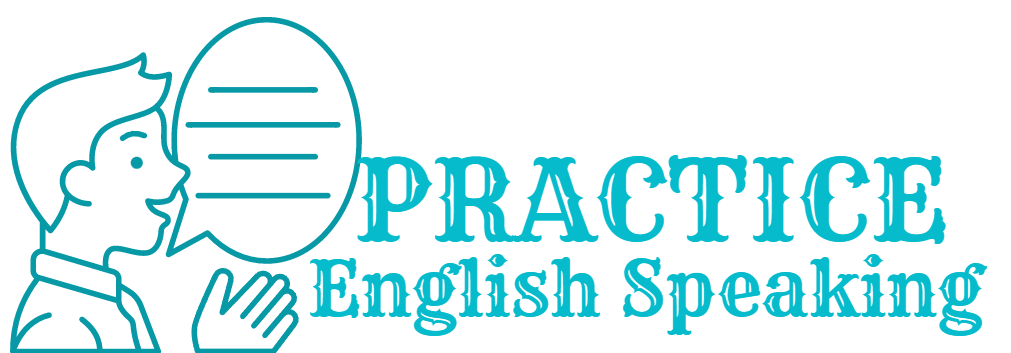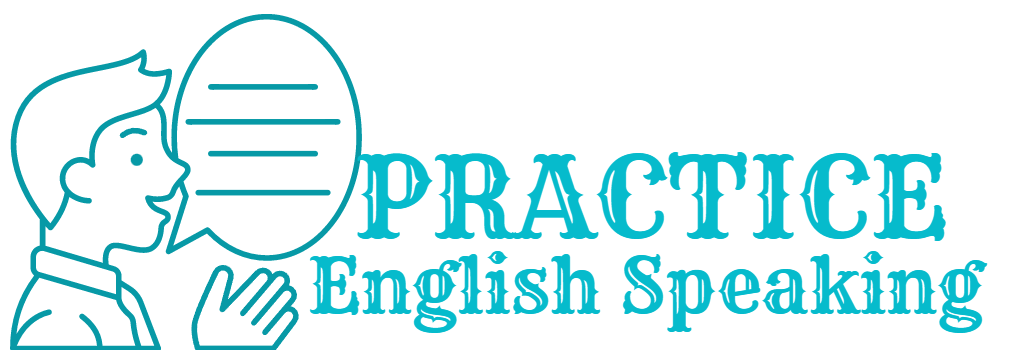Here are the 30 most important topics for A1 (Beginner) level conversations:
At this level, learners can understand and use familiar everyday expressions and very basic phrases aimed at the satisfaction of needs of a concrete type. They can introduce themselves and others and can ask and answer questions about personal details such as where they live, people they know, and things they have.
1. Greetings and Introductions
2. Family
3. Hobbies
4. Food and Drinks
5. Daily Routine
6. Weather
7. Colors
8. Animals
9. Clothes and Fashion
10. Travel
11. School
12. Sports
13. Music
14. Movies
15. Jobs and Occupations
16. Shopping
17. Time and Dates
18. Seasons
19. Holidays and Celebrations
20. Transportation
21. Technology
22. Health and Fitness
23. Likes and Dislikes
24. Places to Visit
25. Restaurants and Cafes
26. Friends
27. Daily Activities
28. Pets
29. Television Shows
30. Nature
These topics cover a wide range of common conversational themes and are essential for beginners to learn and practice.
Here are the most important 30 topics for A2 (Elementary) level conversations:
At this level, Learners can understand sentences and frequently used expressions related to areas of most immediate relevance (e.g., very basic personal and family information, shopping, local geography, employment). They can communicate in simple and routine tasks requiring a simple and direct exchange of information on familiar and routine matters.
1. My Daily Routine
2. My Family Members
3. My Favorite Hobbies
4. My Favorite Foods
5. Talking about the Weather
6. Clothing and Fashion Preferences
7. Planning a Trip
8. Talking about School Subjects
9. Sports and Activities I Enjoy
10. Talking about Music Preferences
11. Favorite Movies and TV Shows
12. Books I Enjoy Reading
13. Jobs and Professions
14. Shopping for Groceries
15. Making Plans with Friends
16. Talking about Time and Schedules
17. Seasons and Holidays
18. Modes of Transportation
19. Technology and Gadgets I Use
20. Health and Well-being
21. Likes and Dislikes
22. Visiting Places of Interest
23. Eating Out at Restaurants
24. Describing My Hometown
25. Childhood Memories
26. Cultural Traditions and Customs
27. Cooking and Recipes
28. Sharing Personal Stories
29. Pets and Animals
30. Daily Challenges and Achievements
These topics cover essential aspects of everyday life and provide ample opportunities for practice and conversation at an elementary level.
Here are the 30 topics from the list that are suitable for B1 (Intermediate) level conversations:
At the intermediate level, learners can understand the main points of clear standard input on familiar matters regularly encountered in work, school, leisure, etc. They can deal with most situations likely to arise while traveling in an area where the language is spoken. They can produce simple connected text on topics that are familiar or of personal interest.
1. Current Events and News Headlines
2. Personal Relationships and Friendships
3. Social Media and Its Impact
4. Environmental Issues and Sustainability
5. Travel Experiences and Adventures
6. Education System and Learning Methods
7. Career Goals and Aspirations
8. Cultural Diversity and Inclusion
9. Healthy Lifestyle Choices and Fitness
10. Mental Health and Well-being
11. Time Management and Productivity
12. Personal Finance and Budgeting
13. Creative Hobbies and Artistic Pursuits
14. Community Involvement and Volunteering
15. Gender Equality and Women’s Rights
16. Technology Trends and Innovations
17. Entrepreneurship and Start-up Culture
18. Sustainable Living Practices
19. Historical Events and Figures
20. Pop Culture and Entertainment Industry
21. Globalization and Its Effects on Society
22. Language Learning Strategies and Techniques
23. Ethical Consumerism and Fair Trade
24. Workplace Culture and Professional Development
25. Human Rights Issues and Advocacy
26. Immigration and Refugee Policies
27. Cultural Heritage Preservation
28. Social Justice Movements
29. Impact of Social Media on Relationships
30. Political Participation and Civic Engagement
These topics cover a wide range of subjects that can foster engaging and meaningful conversations at an intermediate level.
Here are the 30 topics from the list that are suitable for B2 (Upper Intermediate) level conversations:
Learners can understand the main ideas of complex text on both concrete and abstract topics, including technical discussions in their field of specialization. They can interact with a degree of fluency and spontaneity that makes regular interaction with native speakers quite possible without strain for either party.
1. Artificial Intelligence and Machine Learning
2. Climate Change and Global Warming
3. Gender Equality in the Workplace
4. Mental Health Awareness and Support
5. Sustainable Fashion and Ethical Consumerism
6. Impact of Social Media on Mental Health
7. Renewable Energy Sources and Sustainability
8. Political Polarization and Media Bias
9. Refugee Crisis and Humanitarian Aid
10. Universal Basic Income and Economic Equality
11. Genetic Engineering and Bioethics
12. Universal Healthcare Access
13. Cryptocurrency and Blockchain Technology
14. Social Entrepreneurship and Philanthropy
15. Cybersecurity Threats and Data Privacy
16. Online Learning and Remote Education
17. Food Security and Agriculture Sustainability
18. Workplace Diversity and Inclusion Initiatives
19. Universal Declaration of Human Rights
20. Globalization and Cultural Homogenization
21. Space Exploration and Colonization
22. Mental Health Stigma and Advocacy
23. Electoral Reform and Voter Engagement
24. Income Inequality and Wealth Redistribution
25. Corporate Social Responsibility
26. Sustainable Urban Development
27. Universal Basic Income and Welfare Reform
28. Impact of Automation on the Job Market
29. Conservation of Biodiversity and Ecosystems
30. Global Health Challenges and Pandemic Preparedness
These topics provide a diverse range of subjects that can stimulate in-depth discussions at an upper-intermediate level.
Here are the 30 topics from the list that are suitable for C1 (Advanced) level conversations:
At this level, learners can understand a wide range of demanding, longer texts, and recognize implicit meaning. They can express ideas fluently and spontaneously without much obvious searching for expressions. They can use the language flexibly and effectively for social, academic, and professional purposes.
1. The Ethics of Artificial Intelligence
2. Climate Change Mitigation Strategies
3. Universal Basic Income: Pros and Cons
4. The Future of Work in the Digital Age
5. Global Health Security and Pandemic Preparedness
6. Renewable Energy Transition: Challenges and Opportunities
7. Ethical Considerations in Genetic Engineering
8. The Role of Social Media in Democratic Societies
9. Corporate Governance and Accountability
10. Sustainable Development Goals (SDGs) Progress
11. Impacts of Urbanization on the Environment
12. Digital Privacy Rights and Surveillance
13. Universal Healthcare Systems Around the World
14. Challenges of Multilateralism in Global Politics
15. Intersectionality and Social Justice Movements
16. The Economics of Climate Change Adaptation
17. Disinformation and Fake News in the Digital Age
18. Impacts of Artificial Intelligence on Job Displacement
19. International Humanitarian Law and Armed Conflict
20. Cyber Warfare and International Security
21. Gender Equity in STEM Fields
22. The Role of NGOs in Development Aid
23. Challenges of Access to Education in Developing Countries
24. Cultural Heritage Preservation in the Digital Age
25. Corporate Social Responsibility in Supply Chains
26. Impacts of Technology on Mental Health
27. Food Security and Sustainable Agriculture
28. Ethical Considerations in Biomedical Research
29. Human Rights in the Era of Terrorism
30. Impacts of Population Aging on Societies
These topics delve into complex issues requiring critical thinking and are suitable for advanced-level conversations.
Here are the 30 topics from the list that are suitable for C2 (Proficient) level conversations:
This is the highest level of language learning. Learners can understand with ease virtually everything hear or read. They can summarize information from different spoken and written sources, reconstructing arguments and accounts in a coherent presentation. They can express themselves spontaneously, very fluently, and precisely, differentiating finer shades of meaning even in the most complex situations.
1. Ethical Implications of Human Genetic Engineering
2. The Future of Artificial Intelligence and Consciousness
3. Global Governance and International Law
4. Existential Philosophy and Meaning of Life
5. Quantum Computing and Its Potential Applications
6. Posthumanism and Transhumanism Movements
7. The Role of Philosophy in Modern Society
8. Critical Analysis of Postcolonial Literature
9. Meta-Ethics: The Nature of Moral Discourse
10. Neuroethics and Brain-Computer Interface
11. Decolonizing Education: Reimagining the Curriculum
12. Complexity Theory and Systems Thinking
13. The Philosophy of Science: Understanding Scientific Methodology
14. The Ethics of Climate Engineering Technologies
15. Postmodern Literature and Deconstructionism
16. Epistemology: The Nature of Knowledge and Belief
17. The Philosophy of Language and Linguistic Analysis
18. The Implications of Big Data on Privacy
19. The Ontological Argument for the Existence of God
20. The Philosophy of Mind: Dualism vs. Materialism
21. The Dystopian Vision of Technological Singularity
22. The Crisis of Democracy in the 21st Century
23. Analyzing the Works of Poststructuralist Thinkers
24. The Ethical Quandaries of Artificial General Intelligence
25. Theories of Justice: Rawls vs. Nozick
26. The Impact of Globalization on Cultural Identity
27. Postcolonial Feminist Theory and Intersectionality
28. The Philosophy of Art: Aesthetics and Beauty
29. Phenomenology and the Study of Consciousness
30. The Role of Religion in Secular Societies
These topics are highly complex and require in-depth knowledge and critical thinking skills, making them suitable for proficient-level conversations.

